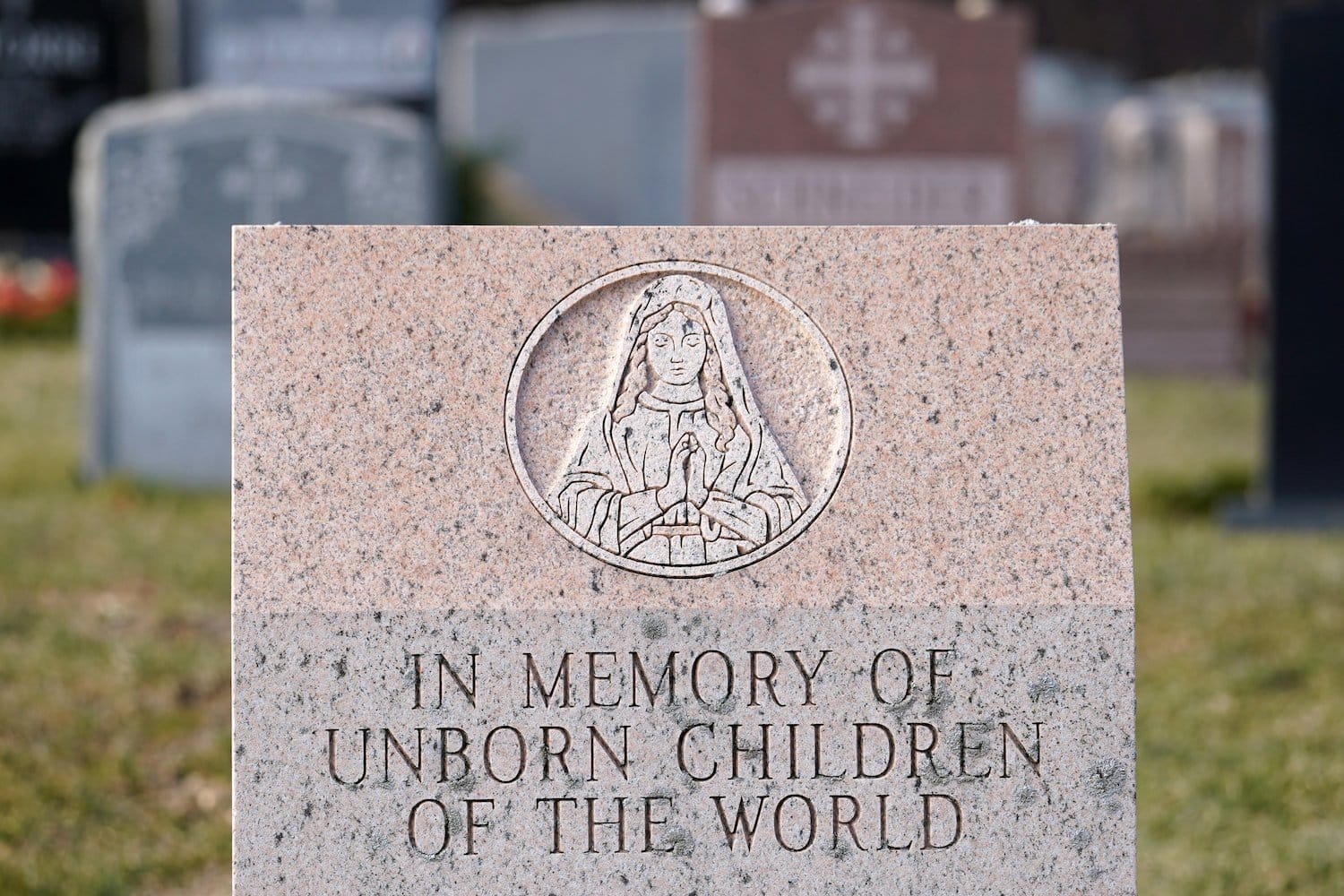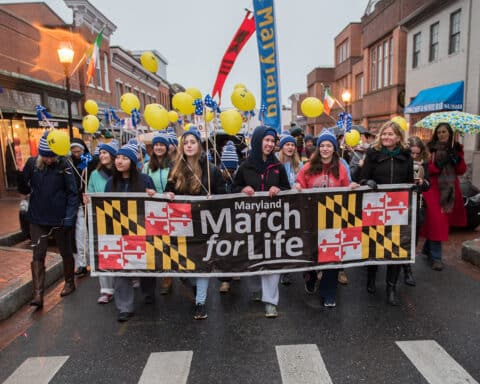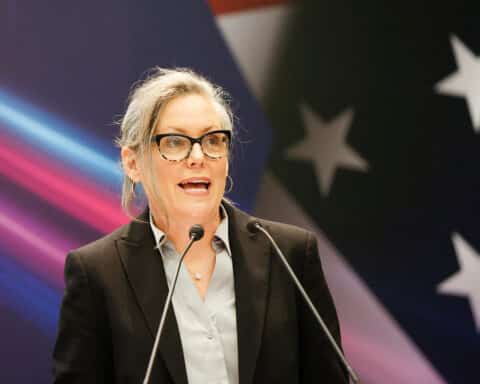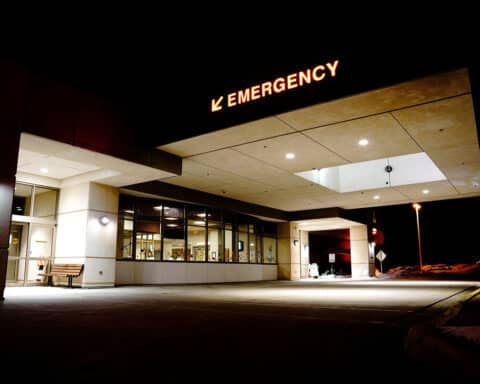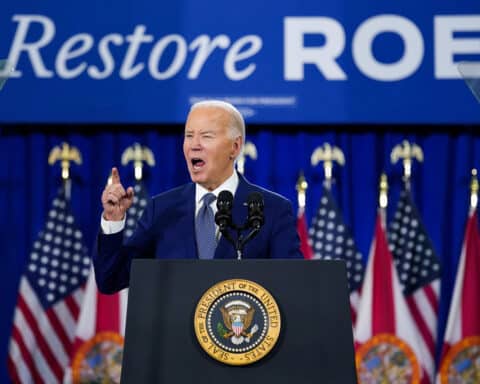One year ago, the Supreme Court issued a landmark decision that has since been etched in the annals of American history. In Dobbs v. Jackson Women’s Health Organization, the highest court of the land upheld a Mississippi law that bans abortions after 15 weeks. The court’s decision brought joy and hope to the hearts of millions of pro-life advocates across the nation. It was a monumental victory for the cause of life. Thousands of pre-born children have been protected and saved in a culture that otherwise would happily dispose of them. As we celebrate the one-year anniversary of this momentous ruling, we reflect on the significance of Dobbs v. Jackson and its profound impact on protecting the unborn.
Dobbs v. Jackson makes it possible to recognize the fundamental right to life of each and every child in the womb. The ruling marked a departure from the deeply flawed precedents established by Roe v. Wade (1973) and Planned Parenthood v. Casey (1992), which created a false dichotomy between the lives of women and the lives of their unborn children. Abortion remains legal in some states, but Dobbs has changed the conversation. As this editorial board wrote one year ago: “By removing abortion from the status of a constitutional right … the court has made it possible once again for public discourse to focus on what really happens in an abortion, and why women seek to end the lives of their unborn children.”
A crucial balance
And what is the status of this conversation at the state level about the child’s right to life? As of this writing, sadly, 22 states now have laws protecting abortion, but 20 states have full or partial bans on abortion (after 6, 12 or 20 weeks of pregnancy). One year ago, there were states that expanded abortion rights beyond Roe and Casey, but there were no states with full or partial bans on abortion that had been upheld by the Court.
Concerning maternal health, the Dobbs ruling strikes a crucial balance between protecting the lives of unborn children and safeguarding the health and well-being of expectant mothers. Mississippi’s law, which restricts abortions after 15 weeks, is based on the growing body of scientific evidence that demonstrates the potential viability of an unborn child at earlier and earlier stages of pregnancy. Moreover, it is a well-established fact that late-term abortions pose significant risks to maternal health.
In conversations concerning maternal health, however, Catholics and Catholic health care providers must be clear about what is and is not considered an abortion. It is not the case, for example, that Catholic health care considers the removal of the fallopian tube in the instance of an ectopic pregnancy an abortion. Other procedures have provoked similar discussion.
The Supreme Court’s decision in Dobbs v. Jackson not only reinforces Catholic arguments promoting the sanctity of life but provides hope for the future of the pro-life movement. By reaffirming the authority of states to regulate and limit abortion, this ruling paves the way for further progress in protecting the unborn. Given the constraints of our constitutional republic, Dobbs signals a shift toward greater respect for state sovereignty and recognition that the issue of abortion should be decided by scientific evidence, morality and common sense rather than judicial activism. This landmark decision revitalizes the fight to secure legal protections for the unborn and encourages states to enact laws that reflect the values and beliefs of their constituents.
Recommitting to the cause of life
Our response must be one of charity. As this board wrote last year, “In all states, the pressures of life — economic, social, the disapproval of family and friends, the unwillingness of a father to care for the woman with whom he conceived a child, let alone the child him- or herself — will continue to weigh heavily on the mothers of unborn children.” To combat those pressures, we must redouble not only our efforts in state legislatures but our efforts to provide convenient and comprehensive care for mothers in need.
As we celebrate the one-year anniversary of Dobbs v. Jackson, we are called to recommit ourselves to the cause of life. We must continue to support organizations that provide compassionate alternatives to abortion, such as pregnancy resource centers and adoption agencies. We must advocate for policies that promote a culture of life, recognizing that every life, from conception to natural death, is precious in the eyes of God.
We celebrate the new possibility to affirm the sanctity of human life and the progress Dobbs represents for the pro-life movement. Dobbs is a light — a glimpse of hope in the midst of a culture that is all too often shrouded in the shadows of the culture of death. Let us fight for life, then, that the light might spread.

